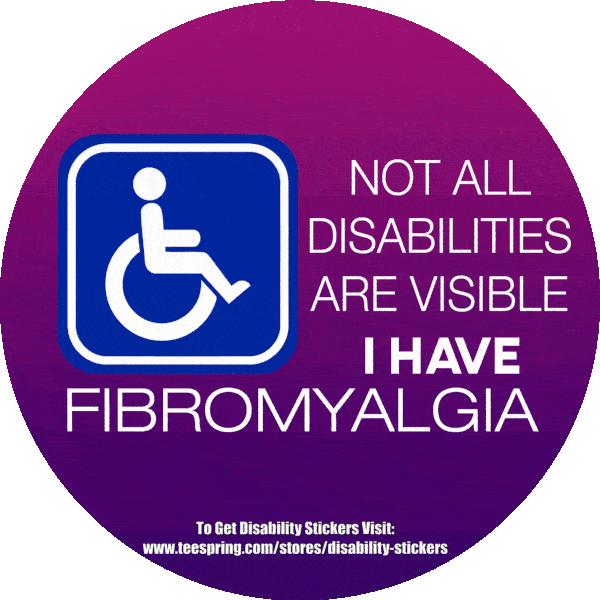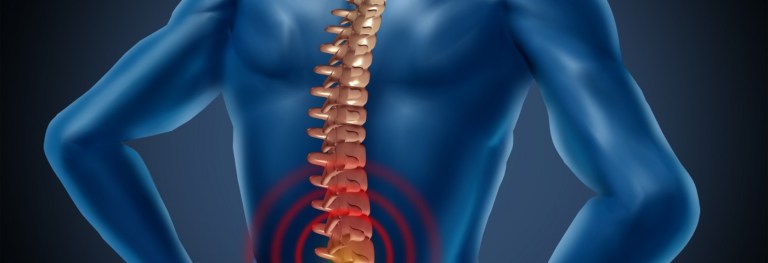Did you have a gynecologic surgery, such as a hysterectomy, in the few years before you developed fibromyalgia?
It’s a trend some people have noticed, and a study published in 2015 shores up the link between these types of surgeries and fibromyalgia onset. It also provides further evidence for an association between fibromyalgia and common overlapping conditions that are gynecologic, endocrine, or autoimmune.
Findings
In the study, researchers reviewed charts of 219 women with fibromyalgia and 116 women with non-fibromyalgia chronic pain. Specifically, they examined the time between illness onset and gynecologic surgery as well as the number of overlapping conditions in each group.
They also found that each of the three diagnosis types they were looking at was independently associated with fibromyalgia. Thyroid disease and gynecologic surgery were significantly more common in women with fibromyalgia than those with other types of chronic pain.
The timing of the gynecologic surgeries in relation to pain onset was especially interesting. They found more surgeries in the years just before fibromyalgia pain began, or in the year after pain onset. That pattern was unique to the fibromyalgia group.
At first glance, it may seem odd that gynecologic surgeries in the year after pain onset would be considered related to the development of fibromyalgia.
However, an association like that may be due to several pertinent factors.
Also Read:
> Gynecological Issues in Women with Fibromyalgia
> How does Fibromyalgia affect Pregnancy?
> Fibromyalgia – A pain in the Pelvis
For example, consider that many women have gynecologic problems well before they opt for surgery as the preferred treatment. It may be that hormonal changes or gynecologic disease are risk factors for fibromyalgia because of some underlying relationship that we don’t yet understand.

Awareness Disability Stickers
Lets put this sticker on your car and spread the awareness. As many people out there don’t consider our illness as being disable, because they don’t know it. – Click Here to get Yours Disability Sticker for you Car
According to the study, hysterectomies and oophorectomies (removal of the ovaries) were most likely within the four years before or after the onset of fibromyalgia pain.
This is certainly an area that calls for more research. In the end, it could help us understand why 90 percent of fibromyalgia patients are women. Beyond that, it may reveal physiological changes that can trigger the development of the illness, which could lead to better treatments and possibly even prevention.
For the women who develop fibromyalgia after gynecologic surgery, we also need to know what role, if any, the surgery itself plays, as well as the possible roles of hormonal changes caused by the surgery. Post-surgical hormone replacement therapy deserves a look, too.
Earlier Research
Doctors have long suspected that fibromyalgia has strong hormonal ties and triggers. A 2013 studyfound links between early menopause and increased pain sensitivity in fibromyalgia patients, which may relate to dropping estrogen levels.
Women with fibromyalgia are especially prone to painful menstrual periods (dysmenorrhea) and certain pregnancy complications.
My Experience
This study really speaks to my own experience. I was 34 when my youngest child was born via c-section, and 35 when I stopped breastfeeding. The hormonal changes from that, according to my gynecologist, launched me into premature perimenopause.
My menstrual cycle became erratic and periods were extremely heavy and painful, whereas they’d always been regular and fairly mild. Fibromyagia symptoms soon followed.
Six months later, I had a diagnosis and had identified a pattern—my flares came regularly between ovulation and the start of my period. My gynecologist recommended an endometrial ablation to get rid of hormones put off by the thickening uterus.
The ablation not only put an end to the painful periods (and periods in general,) it took the edge off of my flares and made them fewer and farther between. (Learn more about my personal journey in Thrown Off Course: Fibromyalgia Enters My Life.)
I hadn’t have a hysterectomy, but between two pregnancies and two c-sections, plus breastfeeding, my body had clearly been put through a hormonal ringer.
I suspect that research will continue to bear out the links between fibromyalgia and hormonal changes and hope that someday, we’ll be a lot better equipped to recognize, treat, and prevent hormone-related fibromyalgia.
Click Here to Visit the Store and find Much More….
Sources:
Brooks L, et al. Journal of pain research. 2015 Aug 20;8:561-9.Assessing the prevalence of autoimmune, endocrine, gynecologic, and psychiatric comorbidities in an ethnically diverse cohort of female fibromyalgia patients: does the time from hysterectomy provide a clue?
Martinez-Jauand M, et al. clinical rheumatology. 2013 Jul;32(7):975-81. Age-of-onset of menopause is associated with enhanced painful and non-painful sensitivity in fibromyalgia.
[mailpoet_form id=”2″]



You blame every disease for fibro. I had none of this. Ive had fibro for over 30 years. So why did I get it.
This one is easy…..hormone disruptions cause sleep problems and sleep problems cause pain. Most fibro patients are women, most start the symptoms right around perimenopause. A sleep med taken at the start of this just might help tremendously, but meds in this class are also now in the controlled substance category and doctors are afraid of prescribing them.
I FOUND OUT I HAD HYPOTHYROIDISM ABOUT TEN YEARS AGO. IT TOOK TIME FOR THE MEDS TO WORK. THEN IN 2012 I HAVE SEVERE PROBLEMS. PAIN AND AND EXPANDING TUMMY. I HAD A FIBROID TUMOR THAT GREW TO BE A HUGE SIZE. I HAD EVEYTHING TAKEN OUT. THE TUMOR HAD EATEN ON OVERY AND THE OTHER WAS SO SMALL IT WAS NOT WORKING. . THE SURGEON SAID IT WAS A VERY DIFFICULT SURGERY. IT TOOK A YEAR TO RECOVER. I WAS 63 YEARS OLD. THEN I BEGAN GETTING FIBRO SYMPTOMS BUT ONLY KNEW THAT IN THE LAST SIX MONTHS. I TAKE HRT. MY THYROID WENT FROM HYPO TO HYPER AND THEY CHANGED MY MEDS. I HAVE BEEM IN BED WITH CRONIC PAIN. I JUST WENT GLUTEN FREE AND IT SEEMS TO BE HELPING. I AM ON GENERIC CYMBALTA. I HAVE ALWAYS BEEN A VERY ACTIVE PERSON AND NOW I AM MOSTLY HOME BOUND. I ALWAYS WONDERED IF THE EXTREME STRESS OF THE HUGE TUMOR (FIBROID) AND SURGERY PLUS THYROID DISEASE LED INTO MY FIBRO. THE DR. SENT TESTS SEE WHAT OTHER DISEASES I MIGHT HAVE.
I had a total hysterectomy several years ago, the recovery was horrendous, painful and emotionally draining , i ended up with deep depression and anxiety , i started with terrible panic attacks to the point i believed i was having a heart attack. I developed sleep apnea and then followed heart arythmias, shortly fibromyalgia kicked in and ive been in cobstant pain ever since.